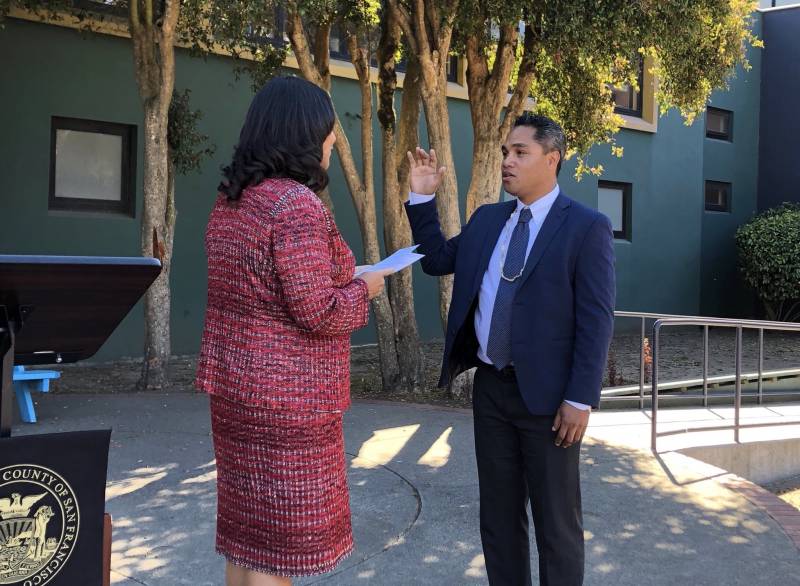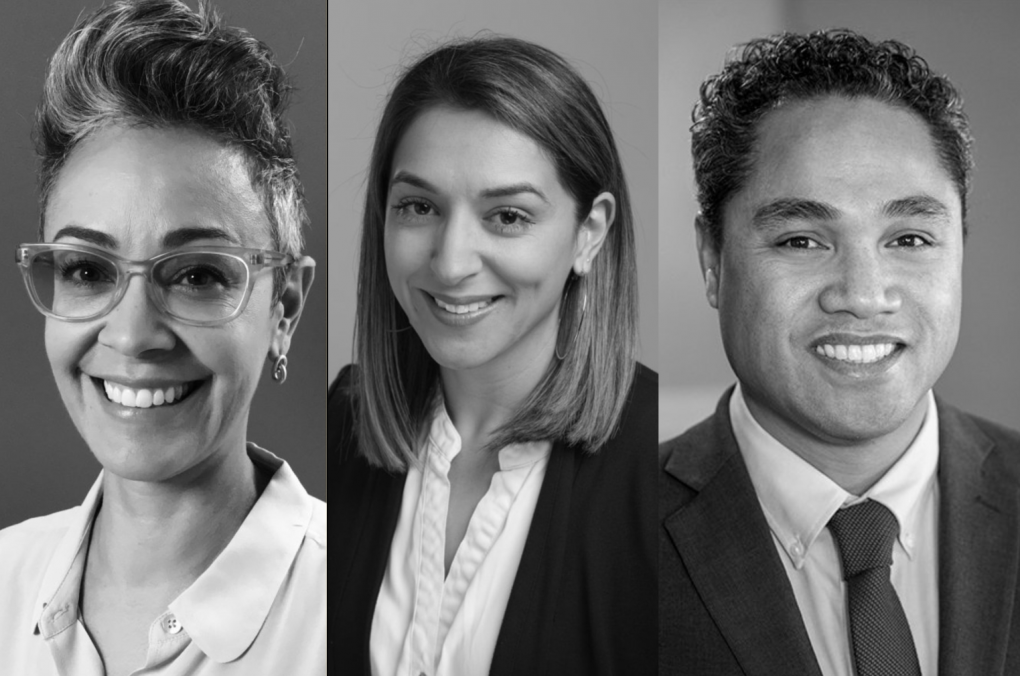Following months of debate over the San Francisco School Board of Education’s management of city schools, voters will be asked three separate questions in a special election on Feb. 15: whether to remove Vice President Faauuga Moliga, President Gabriela López and member Alison Collins from office.
Moliga is charting his own path to defeat the attempt, and of the three has waged the most vigorous campaign to keep his job. He’s garnered individual donations and endorsements, and stumped at the meetings of local political clubs.
In response, a growing number of the city’s political activists are splitting their endorsements in his favor, and their stances on the recall could help drive voter opinion.


